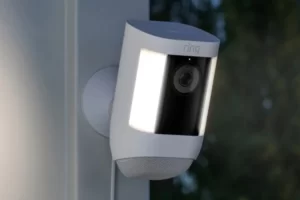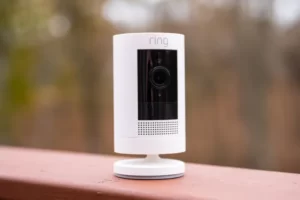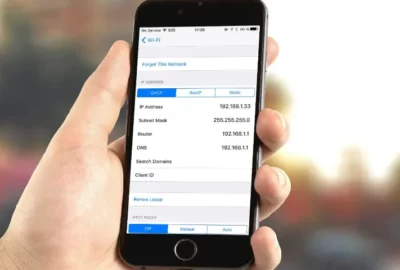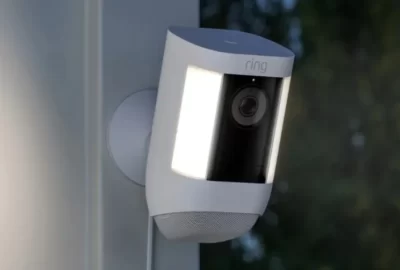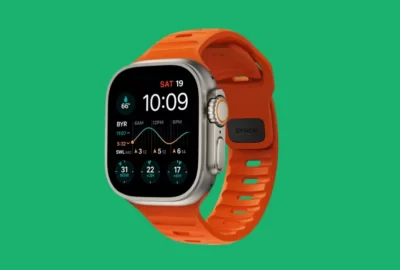Do DSLR Lenses Work on Mirrorless Cameras? Facts to Know
If you’ve recently invested in a new mirrorless camera, you might be thinking about do DSLR lenses work on mirrorless cameras.
DSLR lenses and mirrorless cameras can be compatible if you use a lens adaptor. You can use your collection of DSLR lenses on your mirrorless camera by using a lens adaptor.
This article will cover how to use a DSLR lens on a mirrorless camera as well as any potential issues that might arise.
Do DSLR Lenses Work on Mirrorless Cameras?
For their DSLR cameras, the majority of photographers have different lenses. You probably have a collection of lenses if you’ve been into photography for a while.
Since you don’t have to, it would be a shame to throw all of them away in order to switch to a mirrorless camera.
The answer in one word is, you can use a DSLR lens on a mirrorless camera. The majority of DSLR lenses can therefore also be used with mirrorless cameras, giving you more lens choices.
You should be aware that a DSLR lens cannot be used directly on a mirrorless camera. To use this lens, you need to use an adapter that enables DSLR lens use.
Also Read:
How to Use DSLR Lens in Mirrorless Camera?

Here’s how to use a DSLR lens with a mirrorless camera:
- Make sure you are using the right lens adaptor for your camera.
- Lens back is where you attach the adaptor.
- Use the camera as usual after mounting the lens.
We’ll explain these steps in more detail below:
1. Select the Correct Lens Adaptor for Your Camera
You ought to seriously think about buying a camera from the same brand if you intend to use your old DSLR lenses with a mirrorless camera that you intend to purchase and don’t already own.
Mixing and matching lens and camera brands is not a good idea. You might not be able to use every feature of your camera as a result of compatibility issues.
The most effective method for using a DSLR lens on a mirrorless camera is to use a first-party accessory. It makes mounting the lens simple and effectively supports the autofocus speed of the camera.
2. Attach the Adaptor to the Back of the Lens
You can start using your DSLR lenses once you’ve selected the appropriate lens adaptor for your mirrorless camera.
Fix your lens adaptor firmly to the back of the DSLR lens before mounting it to your mirrorless camera.
3. Mount the Lens and Use the Camera Normally
You can connect the DSLR lens to your camera now that the lens adaptor has been attached to it. Simply attach the lens to your camera as usual. Typically, the lens and camera have a red or white dot that needs to line up for them to function.
Currently, your camera can be used normally. Depending on the lens adaptor, you may need to set your camera to “manual focus.”
Related Reading: How to Use a Mirrorless Camera?
Possible Issue When Using a DSLR Lens on Mirrorless Camera
The best mirrorless camera lenses will perform better than DSLR lenses with a They work seamlessly together because they were created to be used with a mirrorless camera. An adapter is essentially a tool that makes it appear as though two incompatible systems can coexist without difficulty.
Mirrorless cameras and DSLRs have different operating systems and have different features. You are already aware of this, I’m sure. You might be surprised to learn that how each system handles autofocus accounts for a significant portion of the differences.
DSLR cameras also have separate focusing sensors in addition to the image sensor. Mirrorless cameras, on the other hand, use sensors that are built into the image sensors. The best companion for a mirrorless camera is undoubtedly a mirrorless lens, as well as their DSLR equivalents.
What issue will arise then, even if you use the best lens adapters? Sometimes the focusing might be a little slow. Yes, it’s not a done deal. But there’s always a chance that this could prevent you from doing your job. I’ve noticed that autofocus slows down a little when trying to concentrate on rapidly moving objects. Also, the problems that you can face_
- Automated features like VR, autofocus, and other similar ones either don’t work at all or don’t work as well as they did on the DSLR camera.
- In some circumstances, you might only be able to use a few camera exposure settings, typically manual exposure options and controls.
- Manually focused lenses are still-focus lenses. Some cameras have no focus aid at all, while others have varying degrees of it.
- You need to be aware of the crop factor: a 50mm lens on the majority of mirrorless is actually a telephoto lens, not a standard lens as you might anticipate.
- Not every DSLR lens performs well with modern mirrorless cameras. This is particularly true of modern popular choices like broad lenses and BSI sensors.
Can I Use a Mirrorless Lens on a DSLR Camera?
As previously stated, using an adaptor will allow you to use a DSLR lens on a mirrorless camera. But does the opposite hold true? Can you use a mirrorless lens with a DSLR camera?
A mirrorless lens cannot be used with a DSLR camera. Without a mirrorless DSLR adaptor, it won’t function with a DSLR camera, and there aren’t any available at the moment.
Several well-known camera companies, including Canon and Nikon, have not mentioned making adapters for mirrorless lenses in the future.
Final Thought: Do DSLR Lenses Work on Mirrorless Cameras
Hopefully, you got the answer to your question after this discussion of “Can a DSLR lens be used on a mirrorless camera.”
You can use a DSLR lens on a mirrorless camera with a lens adaptor. There will be less compatibility problems if your mirrorless camera and DSLR lenses are both from the same manufacturer. I
So, if you have a mirrorless camera and an old or new DSLR lens, mount the lens to your camera using a lens adapter.
FAQs
Can I Use DSLR Lens on Mirrorless Camera Nikon?
With the right adapter, your DSLR lenses will function with your mirrorless camera.
Can I Put Any Lens for Mirrorless Camera?
Very likely yes. But you’ll need the appropriate “adapter” for that.
Are Mirrorless and DSLR Lenses Different?
The DSLR offers a wider selection of interchangeable lenses, longer battery life, and better low-light shooting thanks to the optical viewfinder. However, mirrorless cameras can capture more images at faster shutter speeds, are lighter and more portable, and offer better video quality even in entry-level models.


